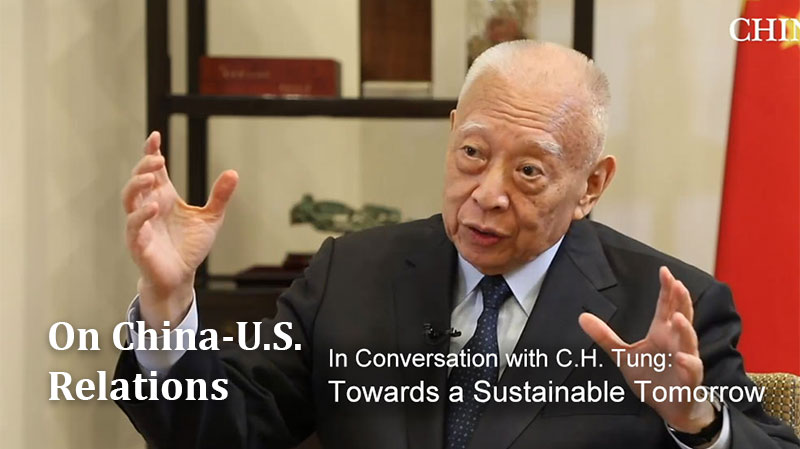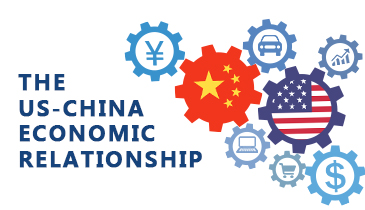Richard Javad Heydarian, Professorial Chairholder in Geopolitics, Polytechnic University of the Philippines
Feb 06, 2017
Duterte, whom some have dubbed as the “Trump of the East”, made it clear that he feels a sense of personal affinity with the new American leader, whom he has described as a kindred spirit, a fellow strongman and anti-establishment populist. There are, of course, legitimate concerns about the possibility of things spiraling out of control if and when mercurial and larger-than-life figures like Duterte and Trump collide. For now, however, Manila is optimistic about a diplomatic reset with its oldest friend, America.
Richard Javad Heydarian, Professorial Chairholder in Geopolitics, Polytechnic University of the Philippines
Jan 24, 2017
Since his election in mid-2016, the Philippines’ tough-talking mayor-turned-president, Rodrigo Duterte, has lavished Russia with praise. Moscow’s rapprochement with Manila is part of a broader effort by the Eurasian powerhouse to assert its long-diminished strategic presence in the Far East and the Western Pacific, including in the South China Sea.
Curtis S. Chin, Former U.S. Ambassador to Asian Development Bank
Jose B. Collazo, Southeast Asia Analyst and an Associate at RiverPeak Group
Jan 23, 2017
Enter the Rooster, exit the Monkey. As 2017 begins, Curtis S. Chin and Jose B. Collazo take look at who’s in, and who’s out in Asia—from an outgoing U.S. president and a pivot and partnership that were not to be to a tough-talking leader.

Wang Yusheng, Executive Director, China Foundation for Int'l Studies
Dec 15, 2016
The world is watching to see how Trump will treat the “Asia-Pacific Rebalancing” strategy, how he will improve US relations with Russia, how he will respond to the friendly messages released by China, how he will readjust relations with allies and whether he will be serious in fighting terrorism and respect the United Nations’ central role.
Michael Mazza, Research Fellow, American Enterprise Institute
Nov 01, 2016
Philippine president Rodrigo Duterte has been raising hackles across the Asia-Pacific since his inauguration in June. In his latest broadside directed at the United States, Duterte once again asserted that he wanted all foreign troops out of the Philippines and that he would eventually nix the Enhanced Defense Cooperation Agreement (EDCA). Although such a move does not appear to be imminent, it is worth considering its potential implications for the region.

Curtis S. Chin, Former U.S. Ambassador to Asian Development Bank
Nov 07, 2016
Today, from American voters in an ugly U.S. election season to the rhetoric of newly elected Philippines President Rodrigo Duterte, we are hearing widespread anger against the governing structures of our time, against inequality and elitism. This sense of disempowerment is real and understandable. But is globalization really the root of this? Our challenge, as individuals in this era of discontent, is to ensure that we can still come together to move forward and improve the lives of all.

Lucio Blanco Pitlo III, President of Philippine Association for Chinese Studies, and Research Fellow at Asia-Pacific Pathways to Progress Foundation
Nov 16, 2016
Under Duterte’s administration, the Philippines are moving toward major policy shifts, particularly in regards to U.S. and China relations. China is an emerging outbound investor with a demonstrated financial, technological, and engineering capacity to accomplish major infrastructure projects, such as railways, which can have a transformative impact on Philippine economic development. The U.S. has become a quieter ally in the region, and other regional states have long been diversifying both their economic and security partners to spread risk and to avoid getting entangled in big power tussles. Duterte is following these initiatives now, as well.
Richard Javad Heydarian, Professorial Chairholder in Geopolitics, Polytechnic University of the Philippines
Nov 14, 2016
What we are witnessing isn’t necessarily a ‘Duterte wave’ of defections to China at the expense of America. More likely, it is a temporary recalibration on the part certain Southeast Asian states that are unsure of American commitment to the region and eager to avoid direct confrontation with China, which in turn is offering large-scale investment and trade deals in exchange for strategic acquiescence. China is offering lucrative packages of technical skills and soft loans for turbo-charged infrastructure projects. But, it remains to be seen how far this rebalancing will go, as other nations in the region shift away from China.
Wu Zurong, Research Fellow, China Foundation for Int'l Studies
Nov 04, 2016
Too much military muscle-flexing, interference in domestic affairs and Washington’s failure to treat Manila as an equal have combined to shape the new leader’s new direction.
Wang Yusheng, Executive Director, China Foundation for Int'l Studies
Nov 04, 2016
The “Duterte phenomenon” must have prompted much reflection in Washington, and so it should in Tokyo. It may serve Japan better to think twice about the merits of its subordinate relationship with the US.
Duterte

